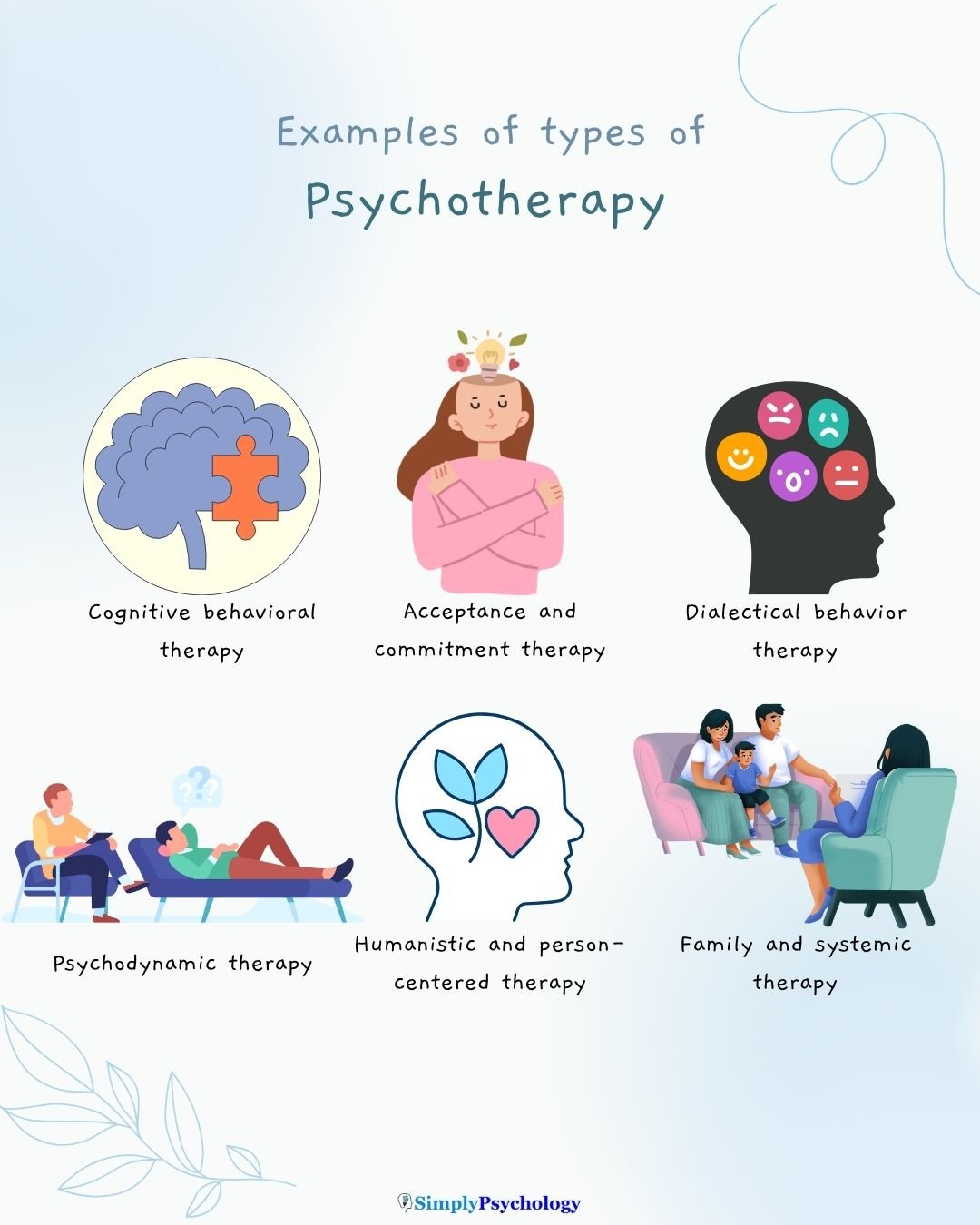Exploring the Benefits of Virtual Therapy in Modern Mental Healthcare
The increase of virtual therapy notes a significant shift in psychological healthcare. It uses boosted access, permitting individuals from diverse histories to seek aid without geographical constraints. Flexibility in organizing fits varying way of livings, while the convenience of home can cultivate visibility. The implications of these modifications expand past simple comfort. The advancing landscape of therapy raises essential questions concerning its long-term results on individual involvement and therapy outcomes.
Enhanced Ease of access for All
Although traditional therapy commonly presents obstacles such as geographical area and scheduling problems, virtual therapy substantially boosts ease of access for people seeking psychological health and wellness assistance. By getting rid of the demand for physical travel, virtual therapy allows clients from remote areas or those with mobility challenges to get in touch with qualified specialists. This setting of therapy can reach underserved populaces who may lack local mental wellness resources, consequently dealing with differences in access to care. Furthermore, virtual systems can deal with varied demands, supplying services in several languages and accommodating numerous cultural backgrounds. Clients can engage with a more comprehensive variety of experts, giving them with choices that straighten with their specific requirements and preferences. This increased accessibility cultivates a much more inclusive atmosphere, permitting people to seek assistance without the stigma typically associated with in-person sees. Overall, virtual therapy represents a substantial advancement in making psychological wellness treatment a lot more obtainable to all.
Adaptability in Scheduling Sessions

As virtual therapy remains to obtain grip, its integral versatility in scheduling sessions proves to be a significant benefit for several individuals. Unlike conventional in-person therapy, virtual therapy permits clients to select session times that finest fit their individual and specialist commitments. This flexibility accommodates those with demanding job schedules, family obligations, or various other commitments that can make attending physical appointments testing.
Clients can quickly reschedule or change their sessions as required, minimizing the tension associated with stiff visit systems. The accessibility of different time slots throughout the week, consisting of nights and weekend breaks, even more boosts access. This versatility not only encourages uniformity present yet likewise fosters a greater commitment to the healing process. Ultimately, the versatility in scheduling sessions represents a transformative change in psychological health treatment, encouraging people to prioritize their well-being without sacrificing other facets of their lives.
Convenience of a Familiar Environment
The convenience of a familiar atmosphere significantly improves the efficiency of virtual therapy for lots of clients. Participating in therapy from the safety and security of their very own homes enables people to really feel even more comfortable, lowering stress and anxiety that may come with conventional in-person sessions. This knowledge can help with open communication, enabling clients to express their ideas and feelings a lot more easily.
Moreover, the presence of personal items and the capability to manage their surroundings can add to a complacency and leisure. Customers often report that remaining in a comfy area permits them to concentrate much more on the restorative process rather than the setting itself.
Furthermore, the informal nature of virtual sessions can assist dissolve barriers that may exist in a typical workplace setting, promoting a deeper link with therapists. In general, the comfort of familiar surroundings plays an important duty in boosting the therapeutic experience and effectiveness for lots of people seeking psychological health and wellness support.
Wider Variety of Restorative Alternatives
A wider series of healing options appears through virtual therapy, enabling clients to accessibility different methods that might not be viable in traditional setups. This flexibility allows people to discover diverse methods such as cognitive-behavioral therapy, mindfulness techniques, art therapy, and also specialized treatments like trauma-informed treatment or dialectical habits therapy.
Customers can select from a wider range of specialists, including those that specialize in particular niche areas or specific populaces, improving the possibility of finding a suitable match. Virtual platforms commonly give access to group therapy sessions, assistance neighborhoods, and workshops that may be geographically unavailable otherwise.
This variety equips customers to take part in their healing procedure according to their special choices and needs, potentially boosting motivation and commitment to therapy. Therefore, the landscape of psychological health and wellness care becomes extra inclusive and adaptable, providing to a wider selection of individual experiences and challenges.
Reduced Preconception Surrounding Therapy
Accessing therapy through virtual platforms contributes to a considerable reduction in the preconception generally connected with psychological wellness treatment. By offering a discreet and exclusive environment, virtual therapy allows individuals to look for aid without the worry of being evaluated or identified. This privacy appeals to those who may or else be reluctant to pursue in-person therapy due to social perceptions surrounding psychological health and wellness.
Moreover, as the occurrence of virtual therapy increases, it stabilizes the conversation around mental wellness, making it a more appropriate component of everyday life. People commonly feel a lot more comfy discussing their experiences on the internet, promoting visibility and minimizing sensations of seclusion. The availability of these services also encourages a broader demographic to involve with psychological wellness sources, fostering a society of support instead of shame. Eventually, the surge of virtual therapy plays an essential role in improving mindsets towards seeking help, adding to a much more approving culture relating to mental health and wellness difficulties.
Cost-Effectiveness and Price

Lowered Session Costs
Several people seeking mental health assistance locate that virtual therapy substantially reduces session costs compared to standard in-person options. The removal of traveling expenditures and pause work commonly adds to overall savings. Furthermore, lots of virtual therapists provide affordable rates due to reduced overhanging costs connected with preserving a physical office. This change in expenditure allows clients to accessibility top quality psychological health and wellness services without the monetary strain that find more information might feature standard therapy. For several, this price enables more frequent sessions, which can boost treatment results. Because of this, virtual therapy not only democratizes accessibility to mental healthcare but likewise gives a lasting monetary design that lines up with customers' spending plans, making mental wellness assistance extra attainable for a larger target market.
Broadened Gain Access To Options
While typical therapy frequently provides logistical barriers, virtual therapy greatly expands access options for people looking for mental healthcare. By getting rid of the need for traveling and permitting flexible organizing, virtual therapy suits diverse way of lives and commitments. This ease of access is specifically beneficial for those in remote locations or with movement obstacles. Furthermore, the cost-effectiveness of virtual therapy reduces financial pressure, making mental wellness services a lot more obtainable. Lots of platforms offer tiered pricing see or moving scale fees, promoting affordability. Insurance provider significantly recognize virtual therapy, additional enhancing its economic accessibility. In general, virtual therapy not just expands the scope of who can obtain treatment yet likewise addresses financial obstacles, making mental wellness assistance much more inclusive and possible for all.
Enhanced Connection of Care
Improved connection of care arises as a significant advantage of virtual therapy in modern psychological health and wellness care. This method allows clients to preserve constant communication with their therapists, despite geographical barriers or organizing disputes. virtual therapy. The versatility of virtual sessions promotes regular check-ins, which are vital for checking development and adjusting treatment plans as required
Furthermore, electronic health and wellness records and telehealth platforms promote seamless info sharing among care companies. This interconnectedness assures that all experts associated with a client's care are upgraded on therapy advancements, resulting in even more worked with and efficient interventions.
Clients often experience decreased anxiousness and boosted involvement because of the convenience of accessing therapy from familiar atmospheres. Such accessibility enhances adherence to therapy routines, inevitably boosting results - low cost therapy. To sum up, virtual therapy not only bridges gaps in psychological wellness solutions yet additionally fortifies the continuity of care, an essential element check this site out of effective restorative connections
Often Asked Concerns
How Does Virtual Therapy Make Certain Privacy and Privacy for Clients?
The current concern addresses the procedures virtual therapy utilizes to secure customer discretion. Using encrypted systems, safe and secure logins, and compliance with regulations like HIPAA, virtual therapy assurances that sensitive info remains personal and hard to reach to unapproved individuals.
Can I Change Therapists Quickly in Virtual Therapy?
Switching specialists in virtual therapy is usually simple. Customers can connect their wish for a change via the platform, permitting for flexibility in locating a better match without the logistical challenges of in-person consultations.
What Technology Do I Need for Virtual Therapy Sessions?
To take part in virtual therapy sessions, an individual commonly needs a trusted net connection, a computer system or mobile phone with a camera and microphone, and accessibility to a safe and secure video clip conferencing platform specified by their specialist.

Are Virtual Therapy Sessions as Effective as In-Person Procedure?
Current research studies show that virtual therapy sessions can be similarly reliable as in-person sessions, relying on the individual's choices and situations. Elements such as comfort and access may enhance the overall therapeutic experience for some customers.
What Should I Do if I Experience Technical Issues During a Session?
If technological problems arise during a session, one need to smoothly connect the trouble to the therapist, attempt to reconnect, or button to a back-up method. Patience and versatility are essential in taking care of these disruptions.